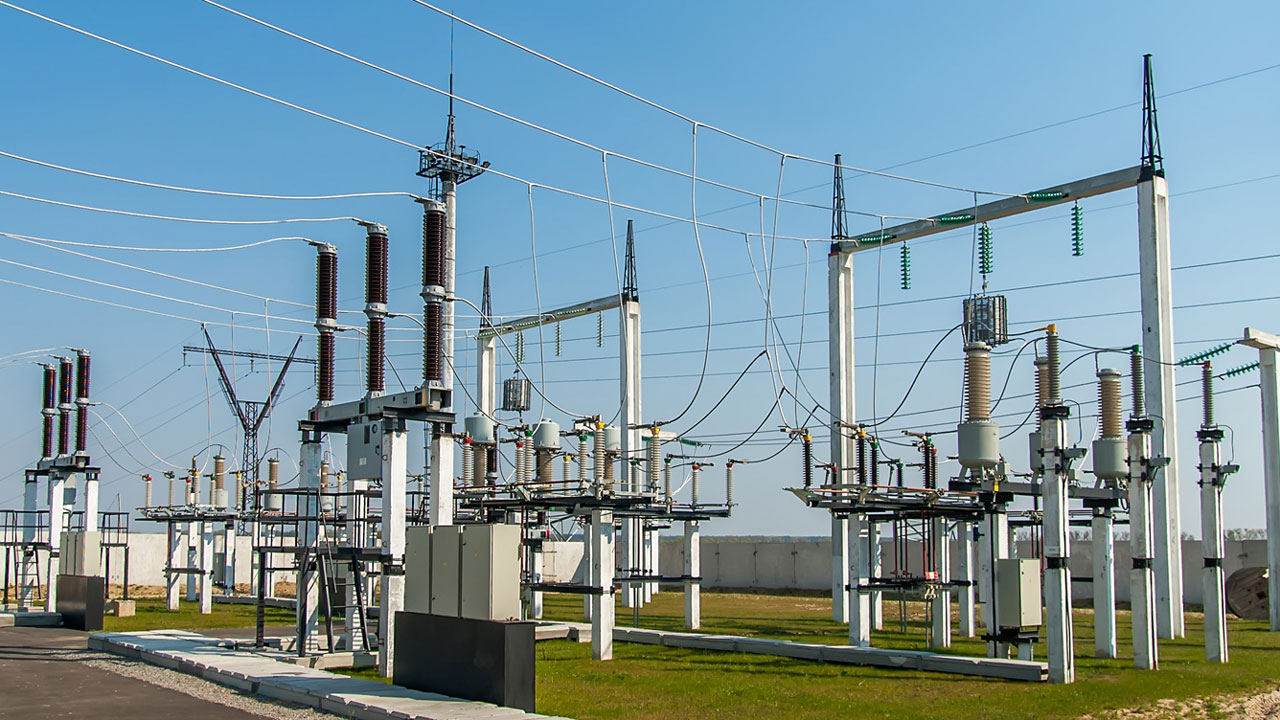… As expert advocates ‘nairanization’ of downstream
As global oil price inches towards $70, which translates to about 44 per cent above 2018 budget benchmark of $45, the nation’s downstream oil sector is facing shocks capable of returning the nation back to exited recession if care is not taken.
Otherwise, by the nature and structure of Nigeria’s economy, rising oil price which should mean good news to the people always translate to hardship because though Nigeria is an oil exporter, it is also an importer of refined products.
In Nigeria, when global oil prices are steadily looking up, landing costs of imported refined products begin to get out the reach of importers who must turn the heat to millions of Nigerian consumers.
Investigations by Business Hilights Intelligence Unit (BHIU) showed that whereas major marketers cannot stand the heat of current landing cost of N171 to sell at N145, the NNPC is at crossroads as the same heat even though it has special government window to get forex seamlessly and import, is also nursing deep injury while keeping mute on the impacts of the rising oil prices.
This scenario, according to experts has a strong hand in the current intractable fuel scarcity hobbling the nation.
However, a leading oil and gas consultant and industry analyst, Mr. Bala Zakka in a national TV talkshow monitored in Lagos on Thursday, presented a sustainable remedy to the ageless confusion, saying “All this confusion and crisis that we are having is just because we have a weak currency and we are an importing nation”.
“So, we have said already from 1990 to now we have not constructed an additional refinery, and that simply means that if we have had the four additional refineries and even if they are operating at 10% capacity that means that Nigeria will have eight refinery and each of them operating at 10% capacity is still something.
“But the Nairalization comes here; this crude oil is within Nigeria, am now talking about downstream sector, not upstream. Upstream is global, it is Dollar so you have to Dollarise it because you are dealing with global aspect. We are talking about local consumption and in this case, we don’t even need foreign direct investors, you can encourage local direct investors.
Zakka submitted that the best bet should be “Go to the well head, get the crude oil in Naira, move it along those pipelines, nobody will charge you in Dollar when the pipelines are in Nigeria, move them across these pipelines in Naira, to the refineries in Naira, refine them within the Nigeria refineries in Naira, distribute them within Nigeria in Naira let people generate their Naira and spend their Naira”.
“If government insists and accepts and does that, the policy will free us first of all from exchange rate differentials, and as far as that sector is concerned, and I tell you government can do it”, the oil and gas consultant noted.









